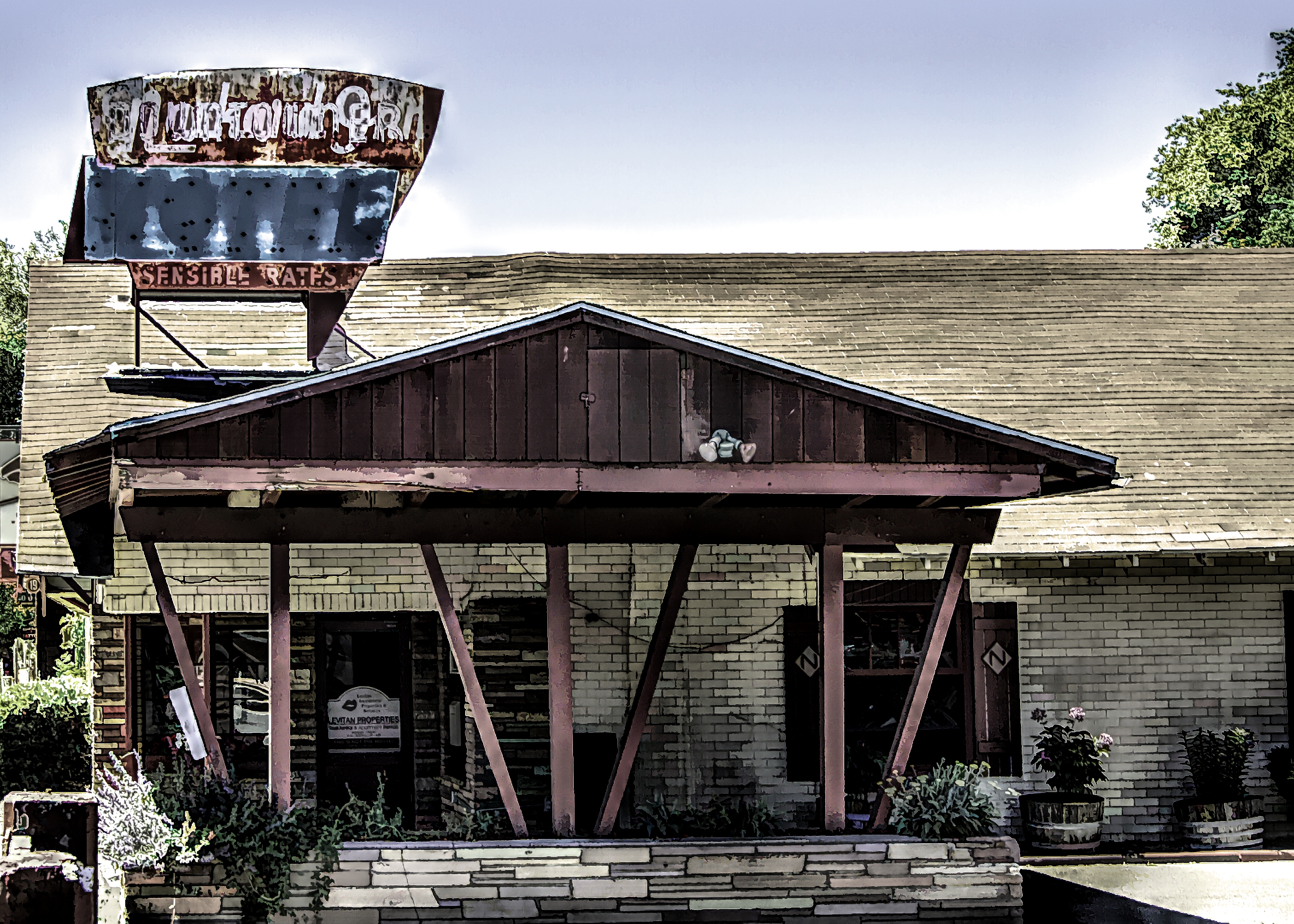When I was kid, and my family would travel, we would jump into the car and start driving to wherever we were going. If we needed to spend the night somewhere along the way, we would look around for the nearest motel with a vacancy, and that’s where we would stay. No planning was involved, but that’s not the case today. I may spend hours trying to find the perfect hotel for us to stay in when we travel. With so many travel sites to use, it can be overwhelming, but I have developed a bit of a process. How does it compare to yours?
First, I determine how much I am willing to spend on a hotel room. This will vary a lot from family to family. My wife and I consider ourselves budget travelers (that means cheap) so we would prefer not to spend more than $120 a night, less if possible. My son, on the other hand, feels that his upper limit is more like $250. Like I said, it can vary a lot.
With my price limit in mind, I begin to look at the various travel websites for hotels. My second criteria is how they have been rated. My goal is to find a hotel with an 8 or higher rating (4 if it’s a 5 point scale). At my price point that can be a little more challenging than if I had a higher price point, but I can usually find something. When I do, the next thing I check is to see if the reservation can be cancelled. Often the cheaper prices are non-refundable so if my stay is still some time in the future, I may not choose to chance that lower price. Many things can change in a few months time, and we have cancelled hotel reservations more than once.

Once I find a likely candidate that meets both my criteria, I read the reviews. I always read the most negative reviews and skip the one sentence, “It was a great place,” reviews. I read the negative ones to see what the issues are. Many times a reviewer has a specific gripe that is particular to their situation. One review I read had a low number because the hotel wouldn’t let him check in early. That’s good to know if I think I will face a similar situation, but not helpful or meaningful if I won’t be early. A negative review based on a rude clerk or outdated furniture wouldn’t really bother me. However, reviews that talk about poor cleaning or badly functioning bathroom equipment will give me pause.
I will also read good reviews if the reviewer has made an effort to write more than a sentence. Those reviews might help me learn something about the hotel. There might be little comments about the quality of the morning breakfast, or I might learn the place is not near any restaurants or other amenities. This may help me to narrow down my choice. Location can be an especially important final consideration. The nearness to public transportation can be a valuable attribute.
In the end the decision is about compromise. Hong Kong is not a cheap place to stay as we discovered on a recent trip there. However I was able to find a room in a hotel that was off the beaten tourist trail, but within a few blocks of a subway station. The biggest compromise was the size. The room was tiny with two twin beds and about 18 inches between them. Fortunately the bathroom was a decent size. We did OK, but in the end we decided it was not a choice we would make again. But that happens in traveling. Remember it’s about the journey, not the accommodations along the way.

